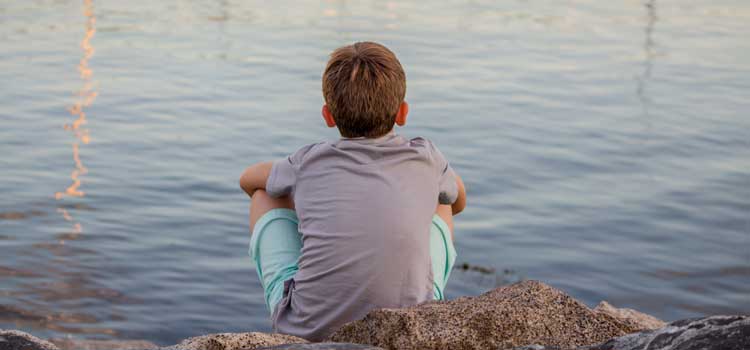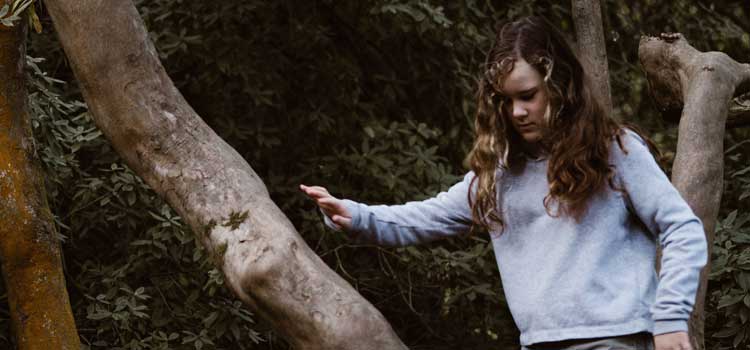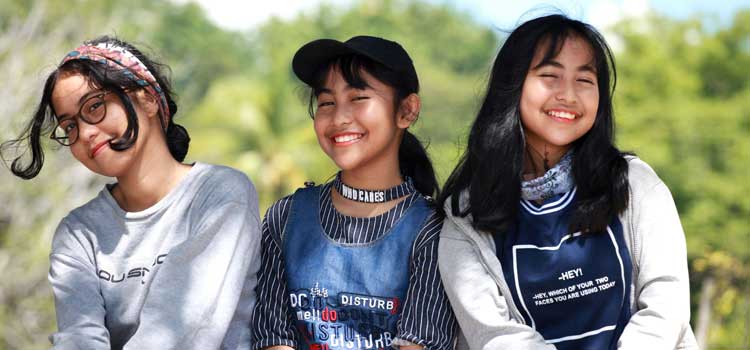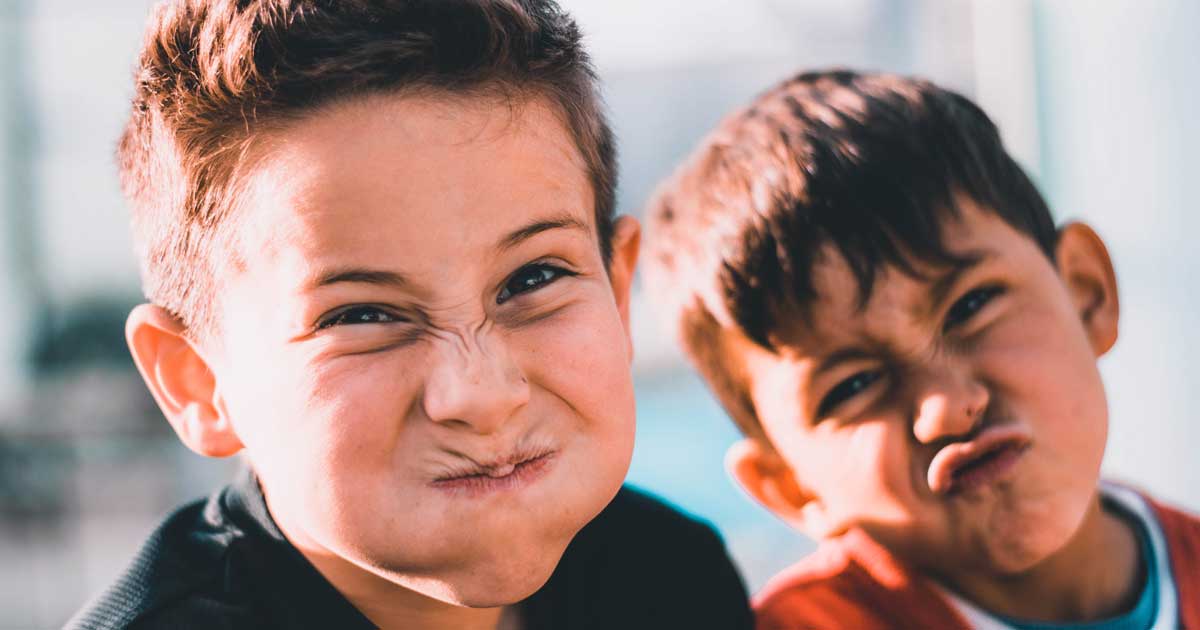No matter your camp, the activities and traditions, the common thread among camp directors is that you care so deeply about the children who attend. You run camps that provide emotional support for campers. This remains true for camps prepared to remain open, and for those who have chosen to move their programs online this summer. In either scenario, you’re likely asking yourself how to help children process the trauma from the last few months and how to make them feel comfortable with their camp community, either in-person or virtually.
This article presents six excellent ideas on how to structure camp this summer in ways that provide extra support for campers. These tips come directly from Rachel V. Glaser, the Director at Habonim Dror Camp Moshava in Maryland from 1985- 2008. She acknowledges that camp directors don’t have another exact situation like this to compare to, but her advice is built around the fact that camps already have structures in place to support campers’ emotional needs. You’re not starting from zero here, so as you consider her tips, remind yourselves that while the circumstances are extreme, there’s a solid foundation on which to build.
Ask Caregivers About Kids’ Pandemic Experiences

Speaking with parents is critically important when you’re trying to support children – especially in this pandemic situation. In our earlier blog post about establishing healthy at-home behaviors, we emphasize the role that parents have in maintaining their kids’ well-being by sharing as many details as possible with their camp staff. If your camp is running, make sure you’re getting the info you need by giving parents an easy way to get you those details.
Building the appropriate questions into your health forms gives caregivers the opportunity to share what changes they’ve noticed during the pandemic and to report any comments their kids might have made about their experiences during the last few months. Some examples are:
- Do you have any specific concerns about your child attending our program this summer?
- Has your child exhibited anxiety over the pandemic/quarantine, being away from parents/family/home, being with others at camp, getting sick, or knowing someone who gets sick?
- Did your child experience a potentially traumatic event before camp, such as the death of a loved one, health issues of family or friends, a change in the home environment such divorce or separation, family financial issues, or an unsatisfactory online school experience?
If your camp is going virtual, consider still requesting forms that cover this pandemic-specific information, even if you don’t need typical medical details. Getting this ahead of time means you can relay it to the counselors who will be working with children who have exhibited reactions specific to the pandemic.
Prepare Your Team for the Changes they can Expect this Summer

When possible, you should rely on experts to help your summer staff get ready for camp, whether it is happening on-site or online. This can include sharing resources from child psychologists about issues kids are facing today, and online training to help your team think up creative activities using digital curriculum best practices.
Changes to physical space are also a reality for in-person camps, so include a health professional in your training to get your team up to speed on the new rules for keeping campers safe. All these steps will help your counselors feel confident that they have the tools they need to support campers emotionally, while simultaneously creating a safer camp environment.
During these staff training exercises, include open and honest conversations with your staff about the increased emotional support that campers may need this summer. In these conversations, focus on all the ways your camp already meets emotional needs, and has every single summer. Start by asking your staff what campers love most about your camp, and then have them focus on planning activities that strengthen these feelings. This could be sing-alongs, rituals, special days, or specific meals. Once you feel that your team has this baseline of knowledge, also provide opportunities for them to get together as a unit to brainstorm activities for the summer.
Also reinforce with your team the systems you have in place for them to get help when they need it. If they identify a camper who needs support beyond their capabilities, make sure they know who to talk to. Finally, just because they are camp staff, it doesn’t mean that they too haven’t developed new needs. As you build structures for supporting campers, create similar systems that allow for your team to get what they need as well.
Decrease Barriers to Getting Campers Adjusted to the New Normal

Part of any summer for a camper is getting adjusted to camp, this is true for first-time campers, and those returning. In a typical summer, the thought process is usually that kids will get adjusted eventually and that learning places, names, and traditions is part of the fun. For this summer, being as proactive as possible in decreasing any barriers to comfort and familiarity is the approach you should take.
If your camp is happening in-person, increase signage around your space so campers know where they are and what happens in each location. Make daily schedules public and review them early each day, to help provide campers with the structure they need to feel secure. If your camp is going to be virtual, consider sending emails with the names of attendees or leaders and a list of activities ahead of time, so campers know whom and what to expect.
For in-person camps, also consider altering the existing rules for allowing campers to call home. While these might be strict in a normal summer, to help kids get over that initial hurdle without relying on their families, this summer you might need to be a little more lenient. You can still make it clear that there are limitations, but extra flexibility can help campers feel confident that their families are safe even when they’re not with them.
In a typical summer, the thought process is usually that kids will get adjusted eventually and that learning places, names, and traditions is part of the fun. For this summer, being as proactive as possible in decreasing any barriers to comfort and familiarity is the approach you should take.
Identify and Adjust Potentially Stressful Activities to Increase Emotional Support

As you start to plan your summer, think about which activities might be emotionally intense for kids and consider whether this is the year to skip them. At sleepaway camps, bedtime can be anxiety producing – so think about opportunities to increase staffing at night. Mail delivery can also be hard for campers who don’t get any letters. If your camp typically makes a big show out of distributing mail, try and find a less public way to do this so kids without mail don’t feel as cut-off from home. Free time can also be challenging, and this summer if campers don’t feel occupied, they might start to feel lonely or lost. Create structures and systems for increased engagement even in times when campers might typically be on their own.
It’s also important to think about activities that could trigger fear in campers. For example, many camps have long-running ghost stories they tell about figures who haunt their campsites. This year may be the one to go easy on these, whether you are hosting online campfires or doing them on-site. Instead focus on good times, fun songs, and other happy traditions.
Create a System for One-on-One Connections

There are many benefits to group activities, but not all campers will feel comfortable in these settings. It’s a good strategy to try and pick up on these cues and to think about ways that campers can get one-on-one attention this summer. If you are hosting camp in-person, remind counselors to keep an eye on campers who seem to be quieter, walking alone, or less engaged. Staff should feel empowered to approach these campers in less public settings to see if they need any extra support. Your camp could also consider a buddy system where campers have a partner that they are encouraged to walk with, talk to, or just check in with periodically.
Another important reminder for staff is that they should be aware of every camper they see or interact with, not just those they may be specifically assigned to. You may not be hosting an activity, or working with a specific age group, but that should not keep you from reaching out, whether that’s with a quick in-person check-in or a direct chat message using an online platform.
Build Campers’ Self-Esteem with Empowerment Activities

Even as you meet the needs of campers who need extra support this summer, also think about activities you can host that can help them increase their self-esteem and resilience. Are there ways you can teach kids new skills, or give them leadership roles within their peer group? Even something as simple as providing a variety of options and letting kids choose can help them feel in control. Whether you are at camp, or online, think about giving campers a vote in what events you hold.
Also find ways for positive feedback, while making sure it is evenly dispersed. Have counselors give shout outs or awards to campers, acknowledging their contributions to the summer and moments where they have excelled. Celebrating kids helps build them up, shows them they can be appreciated as they are, and can help them feel safe in the camp community. And most importantly, do not leave anyone out.
Rely on Your Camp’s Existing Strengths as a Starting Point

There’s no question that this summer will be different, and not just because you might only be hosting online events. Camps have always been prepared to welcome kids with all sorts of needs, but it’s reasonable to expect an increase in camper needs as we all process the events of the last few months, and think about what still lies ahead.
What we can’t forget is that the camp spirit is strong. It runs through every person involved and every activity we do. By focusing on what brings kids back year after year, and reducing any situations in which they may be triggered, we can deepen connections even in uncertain times, and provide children with all that makes camp a safe, exciting, and memorable growing experience.
